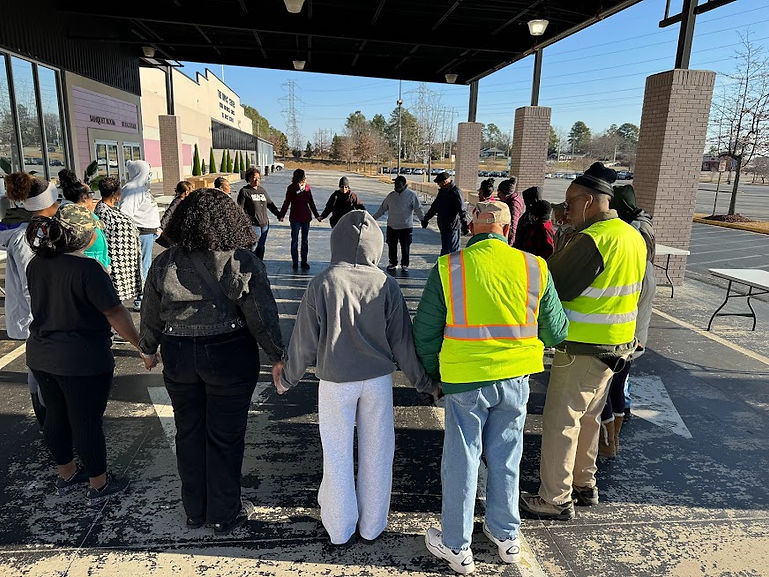HOW IT BEGAN
Reaching People
The REACH Center began with a single purpose: meeting people where they are and empowering them to take their next steps toward stability. What started in 2008 as small-scale support for families in crisis has grown into a vital community resource hub.

Our Four Pillars
Today, The REACH Center focuses on four pillars of service to address the interconnected challenges our neighbors face: Workforce Development, Economic Equity & Small Business Support, Housing Stability & Development, and Community Nourishment & Wellness.
Safe, stable housing is the foundation for everything else in life. We help individuals and families secure affordable housing, avoid homelessness, and create a plan for long-term housing stability.
No one should have to choose between paying bills and feeding their family. Our Thrive Wellness Pantry addresses food insecurity by offering fresh, nutritious food and tools to help families plan and prepare healthy meals.
Through our Thrive Workforce Academy, we equip people with job readiness skills, financial literacy, and one-on-one coaching to overcome real-world barriers to employment.
Through our Economic Equity programs and Thrive List, we help aspiring entrepreneurs and small business owners access education, mentorship, and visibility to grow thriving local businesses.

